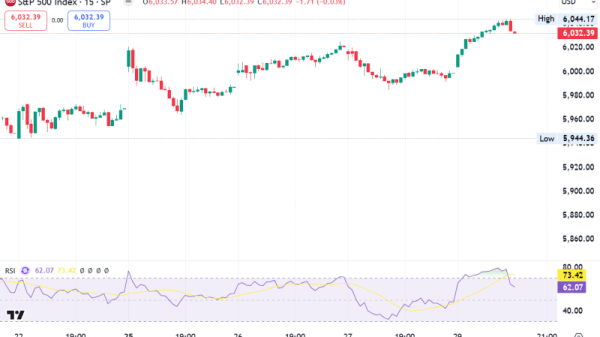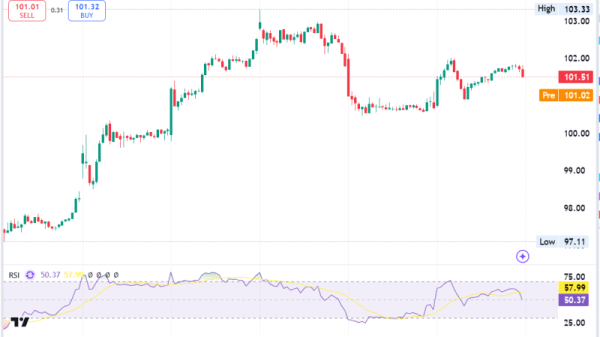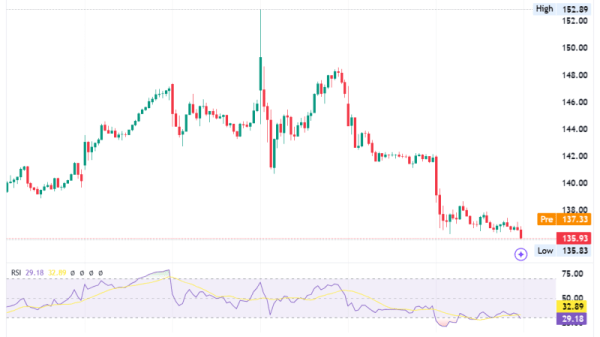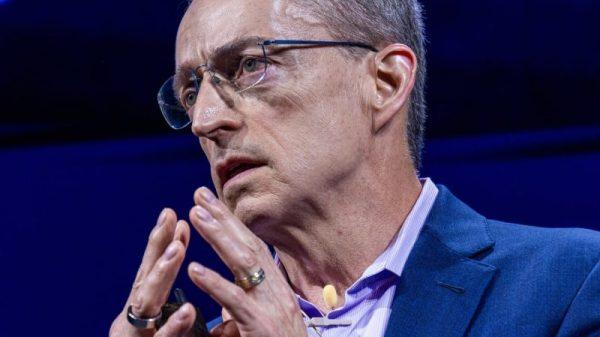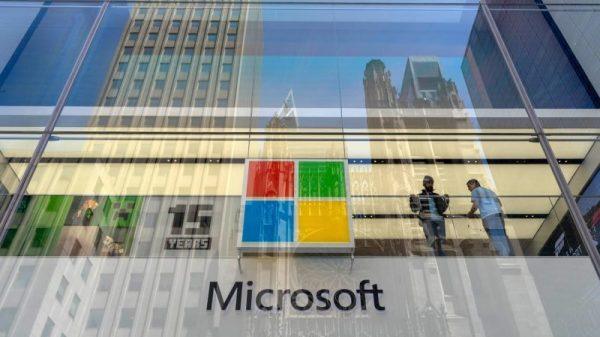By David Lawder
WASHINGTON (Reuters) – The World Bank on Tuesday said developing countries spent a record $1.4 trillion to service their foreign debts in 2023 as interest costs climbed to a 20-year high, squeezing budgets for necessities including healthcare, education and the environment.
The bank’s latest International Debt Report showed that total foreign debt interest payments from developing countries surged to $406 billion, with the most difficult strains on the poorest countries.
These countries, eligible to borrow from the bank’s International Development Association, paid a record $96.2 billion in 2023. Even though their principal repayments fell by nearly 8% to $61.6 billion, their interest costs surged to an all-time high of $34.6 billion in 2023 — four times the amount of a decade ago.
The World Bank said on average, IDA-eligible countries now spend an average of 6% of their export earnings on foreign debt service, a level that has not been seen since 1999. For some countries, the payments run as high as 38% of export earnings.
Separately, a banking trade group reported that the world’s total debt stock surged by $12 trillion in the first three quarters of 2024 to a record of nearly $323 trillion. The Institute of International Finance also said sovereign debt could rise by a third to $130 trillion by 2028 if growing government budget deficits aren’t reined in, and that repayment risks were rising.
The World Bank said that at the end of 2023, the external debt owed by all low- and middle-income countries stood at a record $8.8 trillion, up 8% from 2020.
The squeeze on the poorest countries has forced them to turn to multilateral institutions, including the World Bank and International Monetary Fund. These institutions have pumped in $51 billion more in 2022 and 2023 than they collected in debt service payments, the World Bank report said.
“Multilateral institutions have become the last lifeline for poor economies struggling to balance debt payments with spending on health, education, and other key development priorities,” World Bank Chief Economist Indermit Gill said in a statement, adding that they were not designed as a lender of last resort.

